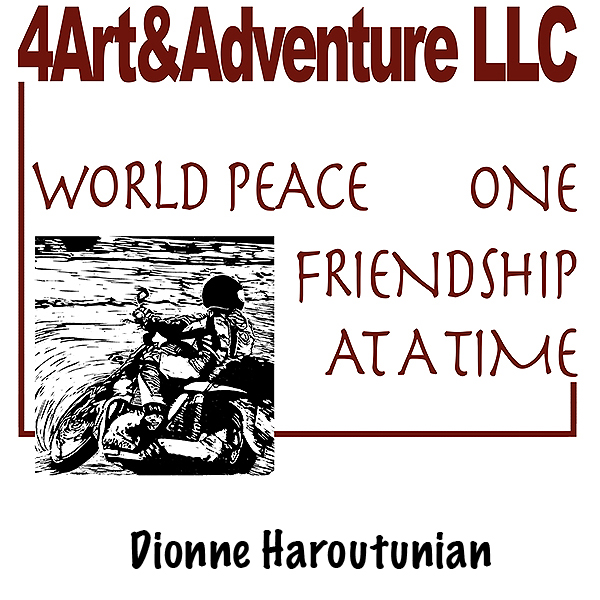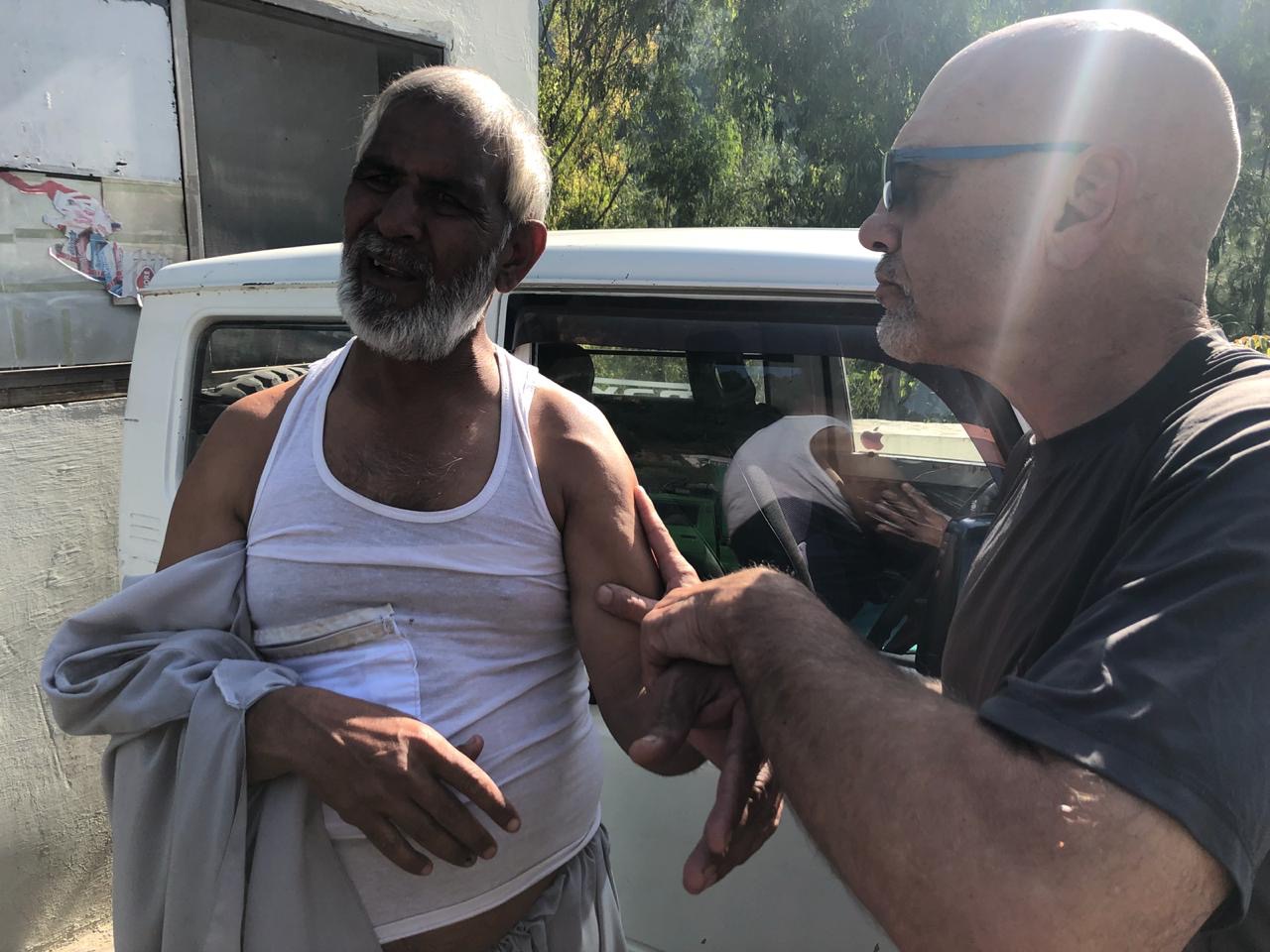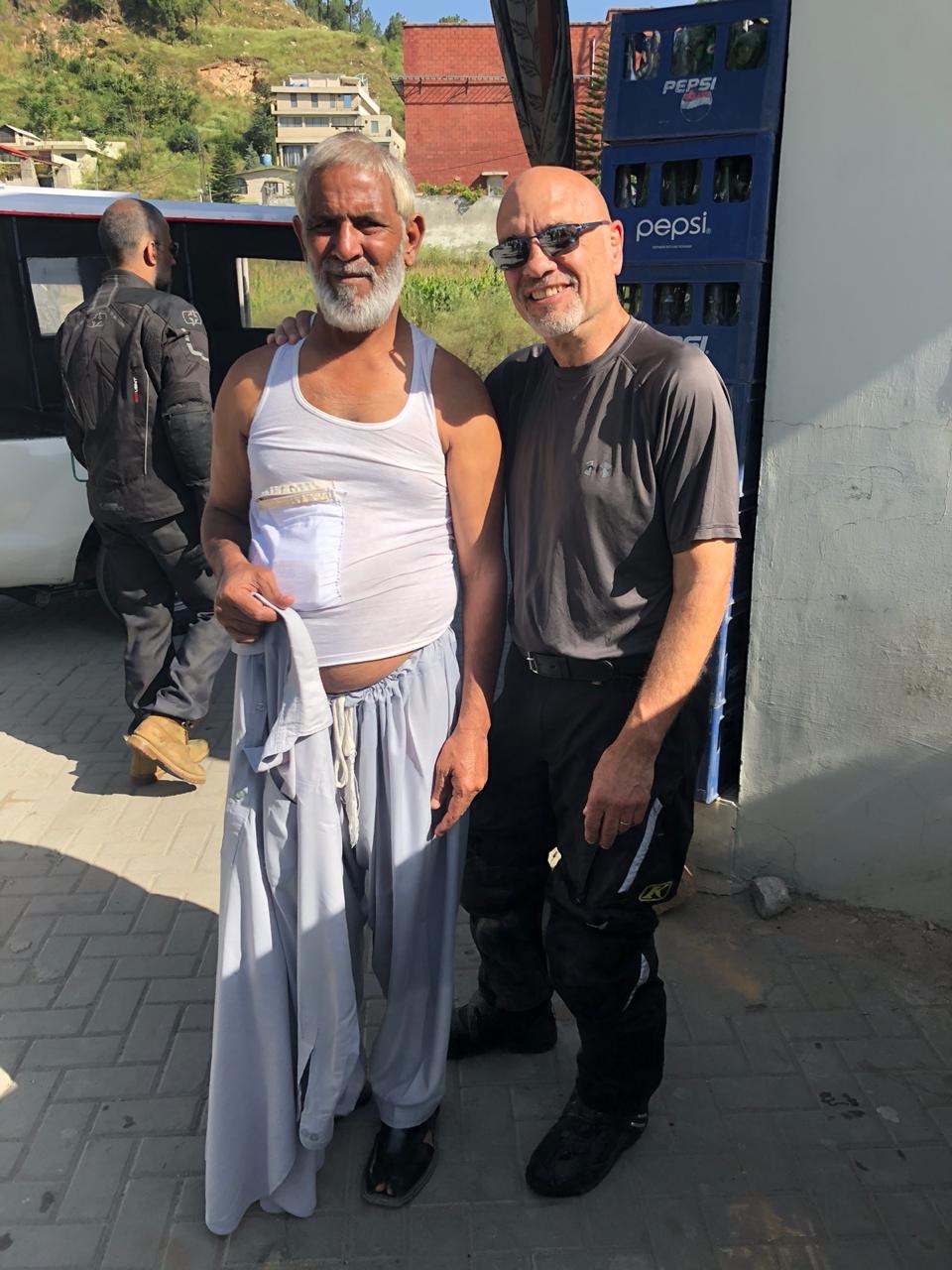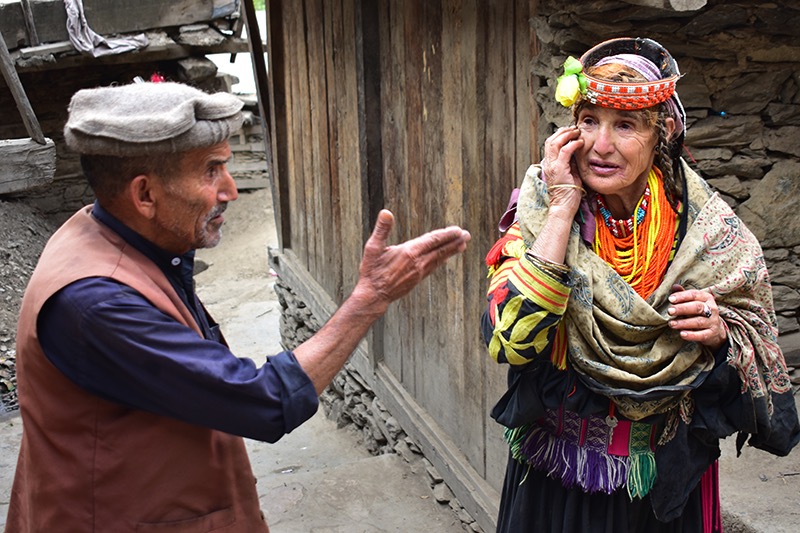Version française suivra tres bientôt (avec meilleur internet)
Roads end abruptly in Pakistan. And with a good reason: mountain ranges over 26000ft high block their way. This one we are on now ends in Hushe, a village of 165 families at the foot of the Karakoram where people live in tiny stone huts. 200-400sf. Everybody who is not a porter or a guide and who hasn’t left for the city, works in the terrassed fields.
Moin can’t wait for us to meet Little Karim, a man who started as a porter, graduated to high altitude porter and became a guide. 32 successful ascents of K2. He has been flown all over the world to tell his story especially after he saved an entire Spanish team of climbers. When a climber failed to choose him as a porter, Little Karim threw him on his back and started walking. He was in! He got his nickname from being the smallest Karim around. He’s been in a Hollywood movie, in documentaries and was offered Spanish citizenship. He declined and asked to go back to Hushe. Too many buttons in Spain, he says. Buttons for everything. My life is in Hushe. The Spanish collected money and built a guest house, the only place to stay in Hushe. The money it generates goes to improve the living conditions of the villagers.
WIth the amount of fame he has known in his life, it is stunning to feel as though meeting us is the greatest pleasure he’s ever had. When he offers to take us on a « little walk » Mike, Cathy, Nairi and I jump up and follow him towards Masherbrum unsuspecting. At the last indication of a semblance of a path, Little Karim doesn’t stop. We cross the glacial moraine. Little Karim gracefully skips from one rock to the next. He stopped two hours later at the edge of a precipice: a perfect viewpoint to observe Masherbrum at 25660ft.
On the way down, I tell him about my Seattle neighbor Steve who has traveled to Pakistan 33 times to climb. I can’t remember his last name but Little Karim interrupts: Steve ... Swenson? ah yes, Steve — with a big smile. Out of nowhere another man appears and starts talking to me, he too has worked as a guide, and when he hears Seattle, he says « do you know Steve? »
I am at the end of a trail in the middle of the mountains of Pakistan. Minutes ago, Seattle seemed so far away!
On the way to Hushe, Masherbrum at the back
Traffic jam in the middle of nowhere ... AND ... there was a car behind us!
Hushe valley
Hushe
Karim, Sunny, Moin, Ali Khan and An
All I could think was “I’m in Little Karim’s foot steps!” It was exhilarating. (Impossible to have the image not distorted — I’ll try later when i have good internet!)
Next: Masherbrum without any gear (or for that matter, training!!)




































